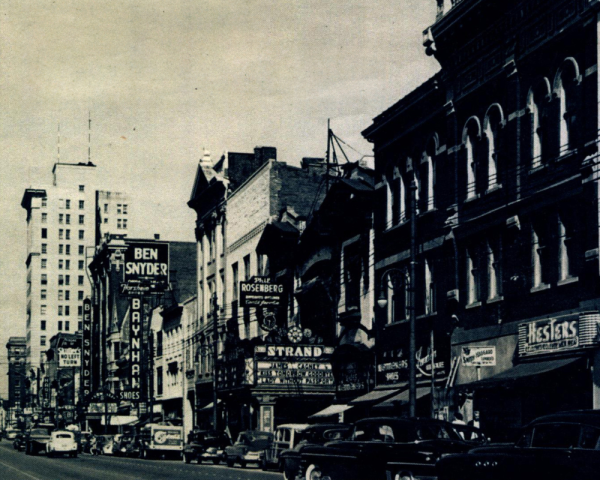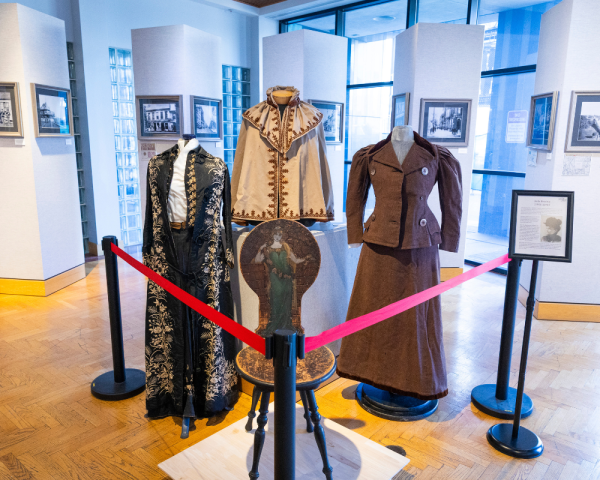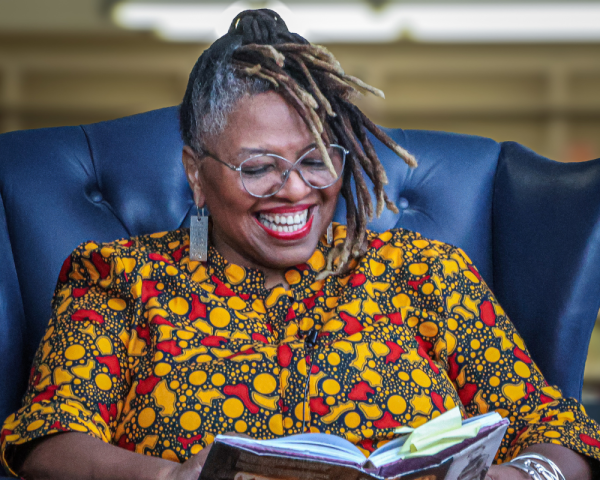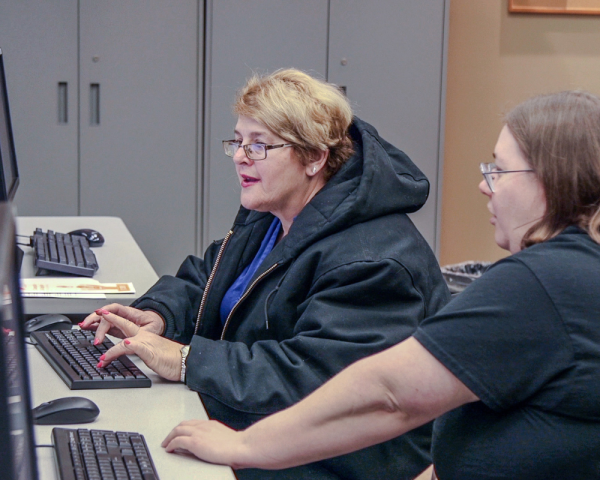

Website Search
Search Website
Displaying results 76 - 100 of 199
Mariam interviews Dr. Randolph Hollingsworth, Barbara Grygutis and Rob Bolson about their involvement in Lexington’s “Breaking the Bronze Ceiling” monument initiative.
Mariam shares the history of Kentucky’s Separate Coach Law, and Lexington’s second African American attorney, J. Alexander Chiles, who took the fight to the US Supreme court multiple times in the 1890s and early 1900s.
Mariam and Wayne discuss the construction of New Circle Road, and other major transportation projects in Lexington.
Mariam interviews Ruth Gaylord about her life and work as Lexington Public Library’s first African American librarian.
JP Johnson gives a biography of William “King” Solomon, hero of the 1833 Cholera epidemic. He also talks about later efforts to memorialize him by the city. This is the first episode in a four part series. Interlude music is “Life’s Ups and Downs” by José
Mariam interviews Terry L. Birdwhistell and Donald A. Ritchie about their January 2022 book, “Washington’s Iron Butterfly: Bess Clements Abell, an Oral History.”
Mariam talks with Kentucky author Jayne Moore Waldrop about her first fiction work, Drowned Town.
Mariam and David discuss Lafayette's 1825 visit to Lexington as we approach the 200th anniversary in 2024-2025.
Mariam interviews David Bryant about the life and work of Lexington-born African American composer Julia Perry (1924-1979).
Mariam interviews Fred Mills about the history of the Kentucky Theatre and his 50 year tenure as the theatre’s manager.
Mariam interviews Shea Simanek Magnuson about the history of women’s suffrage in Kentucky.
In this two part series on the Barnes Family’s murder, Mariam interviews guest Ike Lawrence, whose father notified Mrs. Barnes of her family’s murder, and later, Wayne discusses the start of the crime, with the two killers escaping the custody of the US M
J.P. Johnson guest hosts to celebrate the life of Dolly Johnson Dandridge (1852-1918), a Kentucky native who was the White House Chef for President Benjamin Harrison, and later a much sought-after chef after her return to Lexington, Kentucky in 1894.
Brenna guests to share her research on three of Lexington’s Black enclaves, founded by formerly enslaved persons after the Civil War. She highlights the history we know, and points out that much of the history of these hamlets and their residents are lost










